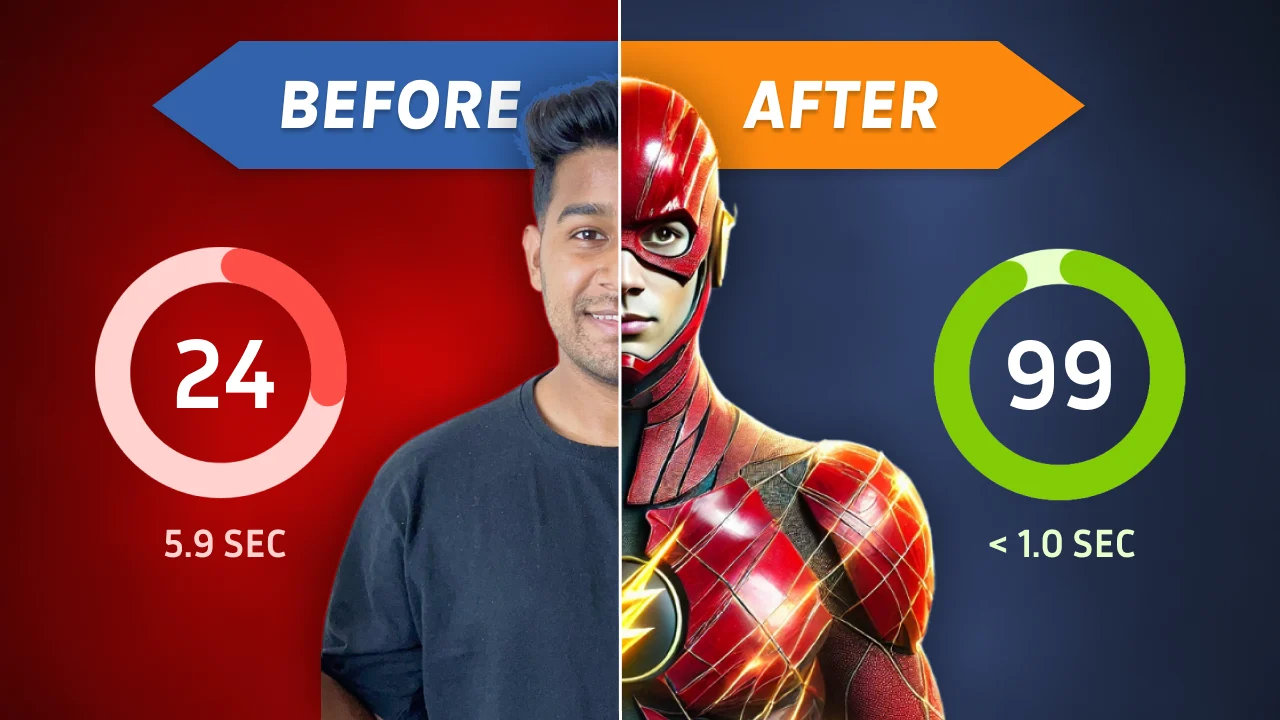In the world of SEO, backlinks are the currency of credibility. Think of them as digital endorsements—when other websites link to your content, search engines like Google view your site as trustworthy and authoritative. But not all backlinks are created equal. Understanding their types, quality, and strategic value is key to boosting your rankings and driving organic traffic. In this guide, we’ll break down everything you need to know about backlinks, including how to earn them and avoid common pitfalls.
What Are Backlinks?
Backlinks (also called “inbound links”) are hyperlinks from one website to a page on another website. They serve two critical roles:
- User Experience: They help readers discover relevant, high-quality resources.
- SEO Signals: They tell search engines your content is valuable enough to reference.
The more authoritative the linking site, the stronger the backlink—and the bigger the SEO boost.
Types of Backlinks
1. Editorial Backlinks
These occur organically when another site references your content as a credible source. For example, a blogger linking to your guide on “How to Make Money from Blogging” in their income report.
2. Guest Post Backlinks
You write an article for another website (e.g., “5 SEO Trends for 2024”) and include a link back to your site.
3. Nofollow vs. Dofollow Backlinks
- Dofollow: Allows search engines to “follow” the link and pass SEO value.
- Nofollow: Includes a
rel="nofollow"tag, meaning search engines ignore the link. While less impactful, nofollow backlinks still drive traffic and diversify your profile.
Why Backlinks Matter for SEO
They Build Domain Authority
Search engines use backlinks to gauge your site’s expertise. A robust backlink profile from reputable sites (e.g., Forbes, HubSpot) signals that your content is reliable, improving rankings.
They Drive Referral Traffic
A backlink from a popular blog or forum can send targeted visitors to your site, increasing engagement and conversion opportunities.
They Help You Outrank Competitors
Websites with high-quality backlinks often dominate search results. Tools like Ahrefs or Moz let you analyze competitors’ backlink strategies and identify gaps in your own.
How to Build High-Quality Backlinks
1.Create “Link-Worthy” Content
Develop resources others want to reference, such as:
- Original research or case studies
- In-depth guides (e.g., “The Ultimate Guide to Backlinks”)
- Tools or free templates
2. Guest Blogging
Pitch topic ideas to industry blogs. Ensure your author bio includes a backlink to your site.
3. Broken Link Building
Use tools like Check My Links to find broken links on relevant sites. Contact the webmaster, suggest replacing the broken link with your content.
4. Leverage Digital PR
Share data-driven stories or expert insights with journalists. Platforms like HARO connect sources with reporters needing quotes.
5. Engage in Communities
Participate in forums (Reddit, Quora) or LinkedIn groups. Provide genuine value and link to your content when relevant.
Common Backlink Mistakes to Avoid
1. Buying Backlinks
Purchased links violate Google’s guidelines and risk penalties. Focus on earning backlinks organically.
2. Over-Optimizing Anchor Text
Using the same keyword-rich anchor text (e.g., “best backlinks guide”) repeatedly looks spammy. Mix in branded or natural phrases (“click here”).
3. Ignoring Niche Relevance
A backlink from a unrelated site (e.g., a pet blog linking to your finance content) holds little SEO value. Prioritize links from your industry.
H2: How to Audit Your Backlink Profile
1. Use SEO Tools
Platforms like Semrush or Ahrefs analyze your backlinks, highlighting toxic links (e.g., spammy sites) that could harm rankings.
2. Disavow Harmful Links
If spammy backlinks exist, use Google’s Disavow Tool to ask search engines to ignore them.
3. Track Progress
Monitor metrics like Domain Rating (DR) and referring domains monthly to gauge improvement.
Backlinks and Monetization: A Hidden Connection
While backlinks primarily boost SEO, they also indirectly support monetization. For instance, a blogger using backlinks to rank higher can attract more visitors, making it easier to make money from blogging via ads, affiliates, or product sales. High traffic from quality backlinks also increases your site’s value to sponsors.
Conclusion: Master Backlinks to Dominate SEO
Backlinks remain one of the most powerful SEO tools. By focusing on quality over quantity, avoiding shady tactics, and consistently creating linkable content, you’ll build a profile that drives traffic, authority, and revenue. Remember, earning backlinks is a marathon—not a sprint. Stay patient, strategic, and prioritize relationships with reputable sites.

